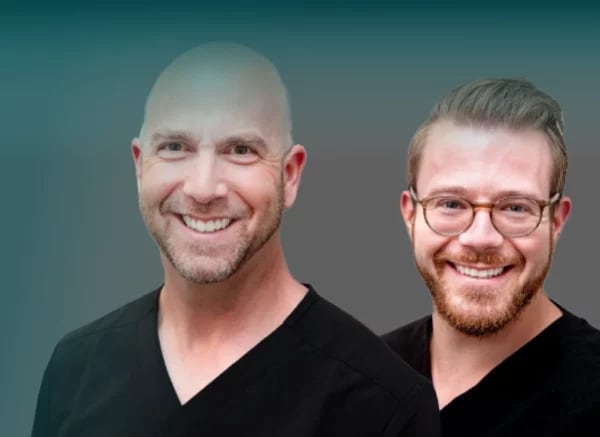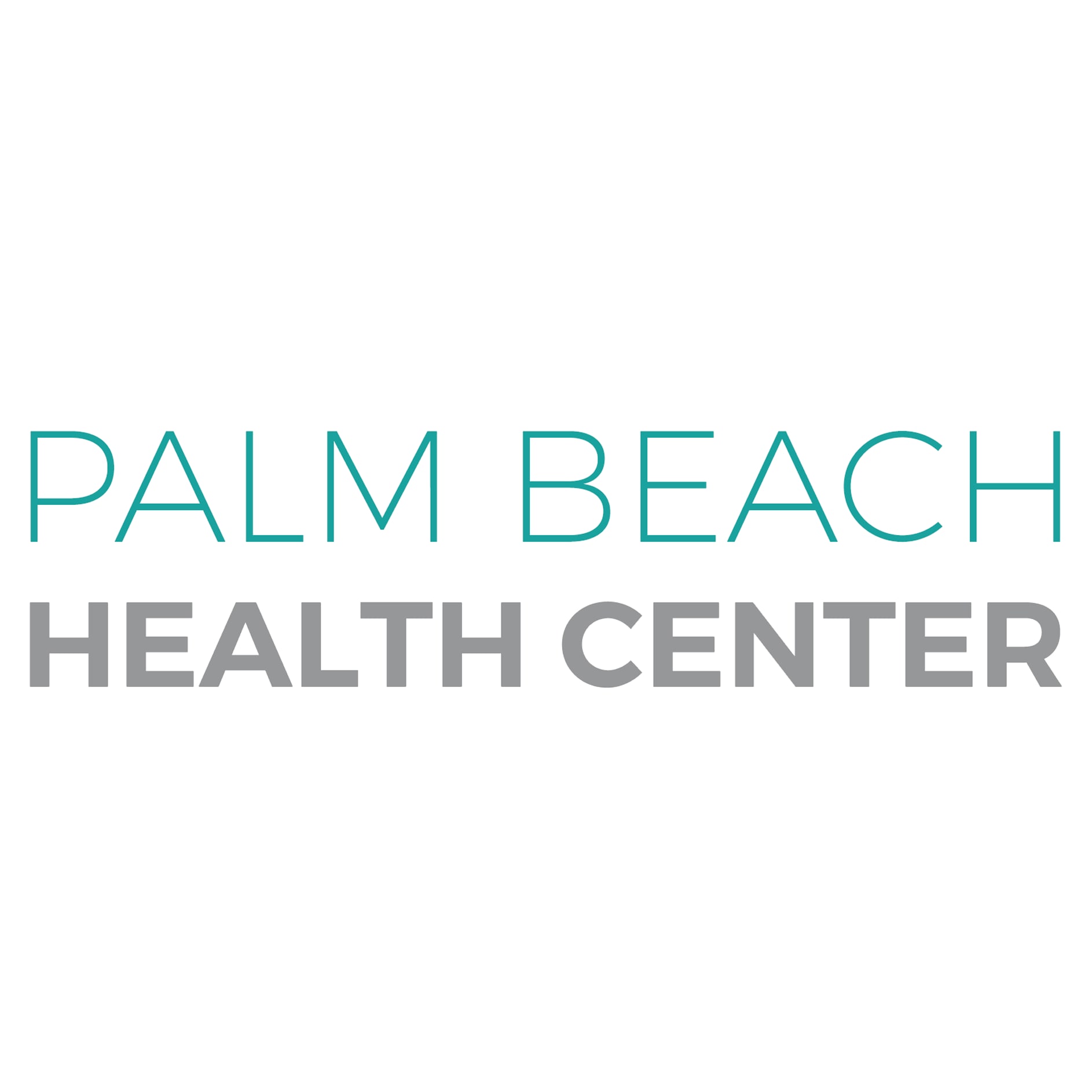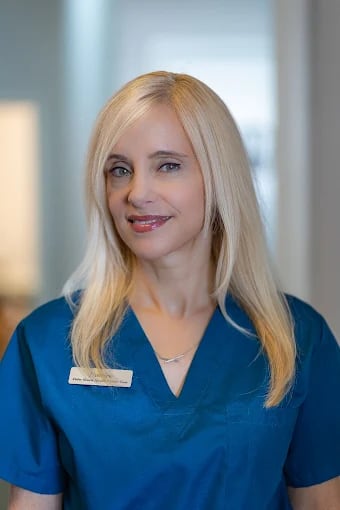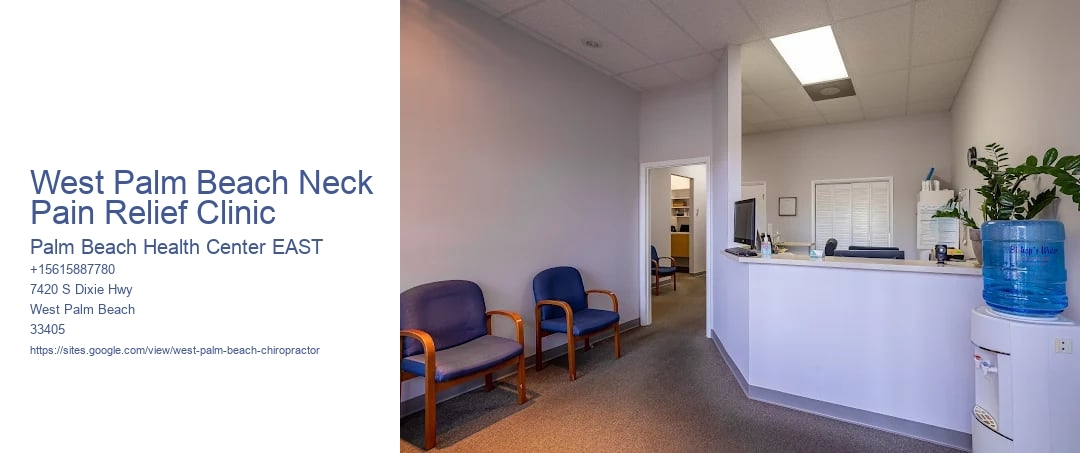Natural medicine describes techniques that intend to attain the healing impacts of standard medication, but that normally do not have organic reliability, testability, repeatability, or sustaining evidence of effectiveness. Such techniques are usually not component of evidence-based medicine. Unlike modern-day medication, which uses the clinical method to check possible treatments by way of responsible and honest scientific trials, creating repeatable evidence of either result or of no effect, alternate therapies reside outside of mainstream medication and do not originate from utilizing the scientific approach, but instead count on testimonies, stories, religious beliefs, practice, superstition, idea in mythological "energies", pseudoscience, mistakes in thinking, publicity, fraudulence, or other unscientific resources. Regularly made use of terms for relevant practices are Brand-new Age medicine, pseudo-medicine, unorthodox medicine, all natural medicine, edge medication, and unconventional medication, with little distinction from quackery. Some different techniques are based on concepts that contradict the well established scientific research of exactly how the body jobs; others interest the mythological or superstitions to explain their effect or absence thereof. In others, the method has reliability but does not have a positive threat–-- benefit result probability. Research study into different treatments frequently stops working to follow correct research study methods (such as placebo-controlled trials, blind experiments and estimation of previous possibility), offering void outcomes. History has shown that if a method is confirmed to work, it ultimately stops to be different and comes to be mainstream medication. Much of the viewed result of a different practice arises from a belief that it will certainly be effective, the placebo effect, or from the cured problem solving on its own (the natural course of disease). This is further exacerbated by the propensity to turn to different therapies upon the failure of medication, at which point the problem will go to its worst and most likely to spontaneously boost. In the lack of this prejudice, particularly for diseases that are not anticipated to improve on their own such as cancer cells or HIV infection, multiple researches have shown dramatically even worse end results if clients turn to alternate therapies. While this might be due to the fact that these clients stay clear of effective treatment, some alternative treatments are actively hazardous (e. g. cyanide poisoning from amygdalin, or the intentional consumption of hydrogen peroxide) or actively interfere with reliable treatments. The natural medicine sector is a highly profitable sector with a strong entrance hall, and encounters much much less policy over the use and marketing of unverified therapies. Corresponding medicine (CENTIMETERS), corresponding and alternative medicine (WEB CAM), incorporated medication or integrative medication (IM), and holistic medication effort to combine alternate experiment those of mainstream medicine. Typical medicine techniques become "alternate" when used outside their original setups and without appropriate clinical description and proof. Alternative approaches are commonly marketed as more "natural" or "holistic" than approaches offered by medical scientific research, that is sometimes derogatorily called "Big Pharma" by advocates of alternative medicine. Billions of dollars have been invested researching natural medicine, with few or no positive results and numerous approaches thoroughly disproven.
.



